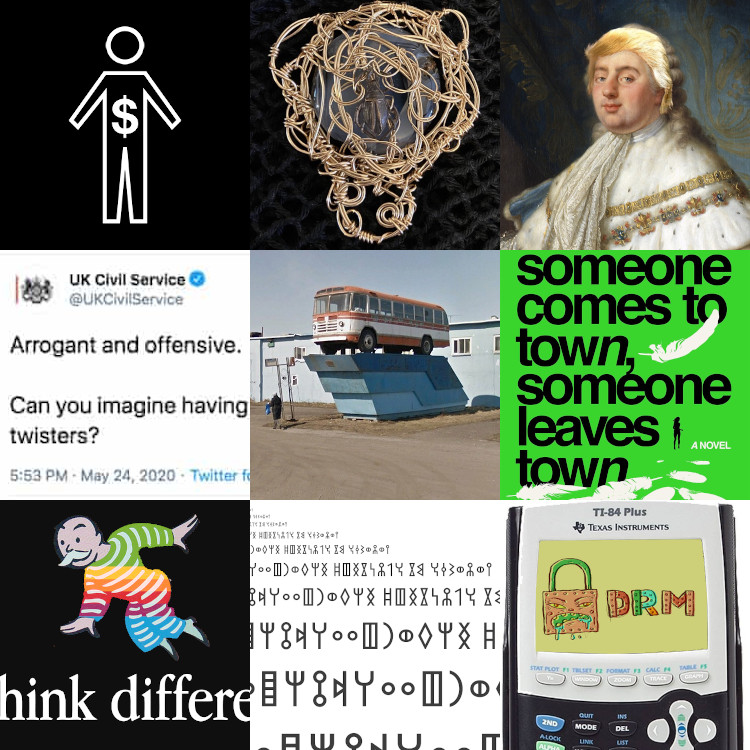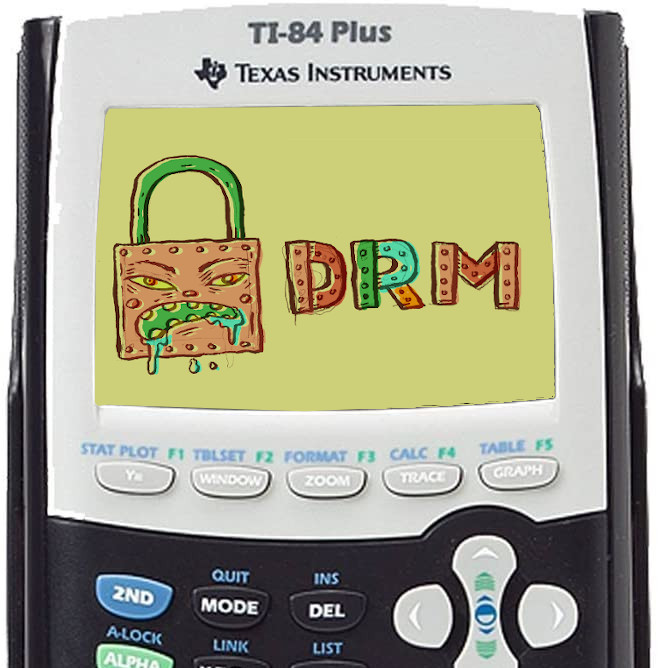pluralistic.net/2020/05/21/pro…
1/
wired.com/story/inside-t…
2/
3/
4/
5/
6/
7/
8/
9/
10/
11/
tor.com/2008/08/06/wea…
12/
13/
14/
15/
interconnected.org/home/2020/05/1…
16/
Which was something of a revelation, because my next novel, ATTACK SURFACE (AKA Little Brother 3) is all about this.
read.macmillan.com/promo/attacksu…
17/
eof/







